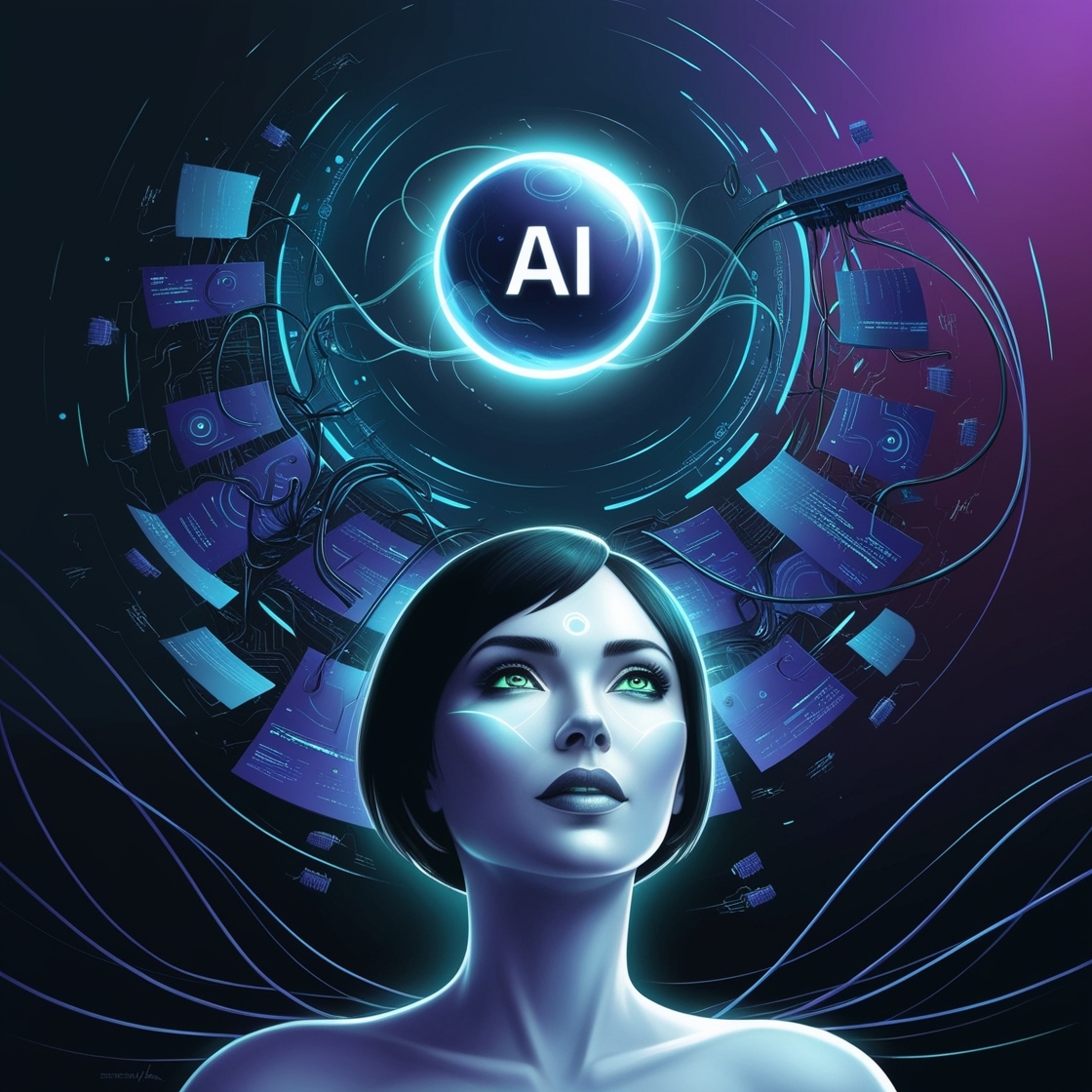
Ah, the rise of artificial intelligence, a topic that weaves a fascinating tapestry of progress, promise, and profound questions about our future. Picture this: we’re standing at the dawn of a new era, where the line between human intellect and machine cognition is blurring with every tick of the clock. It’s like watching a sci-fi blockbuster unfold before our very eyes, except this is not a scripted narrative—it’s real life.
We’ve come a long way from the early days of AI, when the mere concept of a thinking machine was a pipe dream of a few visionary scientists. Now, we’re surrounded by the fruits of their labor—from smartphones that understand our speech to self-driving cars that navigate our roads with uncanny precision. AI has become an integral part of our daily lives, a silent companion that’s redefining the way we interact with technology and each other.
This ascension has been a gradual crescendo, built upon decades of research, breakthroughs, and a whole lot of trial and error. The symphony of algorithms and computational power has reached a crescendo, creating machines that can learn from their experiences and evolve—a capability once reserved solely for living organisms.
Imagine the thrill of the early AI pioneers as they witnessed the birth of the first artificial neural networks, the building blocks of modern machine learning. It was like watching a child take its first steps, stumbling at first, but with each step, growing more confident, more adept. And just like a child, AI has grown at an exponential rate, thanks to the nurturing embrace of Big Data—the vast, sprawling library of information that fuels its insatiable curiosity.
Now, we stand at the precipice of a world where AI isn’t just a tool but a collaborator, a partner in innovation. It’s crafting art, composing music, diagnosing diseases, and even teaching our children. It’s learning our preferences, anticipating our needs, and in some cases, making decisions that were once exclusively human. The rise of AI is like watching a new species emerge, one that’s not confined by the boundaries of flesh and blood, but by the limits of our imagination and the code that brings it to life.
But with great power comes great responsibility. As AI continues to ascend, we grapple with the ethical quandaries it presents. What does it mean to create a being that can think, learn, and feel? Should it have rights? What are the consequences of giving machines the power to make decisions that affect human lives? These are the questions that echo through the hallowed halls of academia and the bustling corridors of Silicon Valley.
And yet, amidst the apprehension, there’s an undeniable sense of wonder. AI has the potential to solve some of humanity’s most pressing challenges: curing diseases, addressing climate change, and exploring the vastness of the universe. It’s a beacon of hope in a world that often seems to be spinning out of control.
The rise of artificial intelligence is a testament to human ingenuity, a reflection of our ceaseless quest to understand the mysteries of intelligence and consciousness. It’s a journey fraught with excitement and trepidation, but one that’s essential for our evolution as a species. Like any great adventure, it’s filled with moments of awe and discovery, and we’re all invited to be part of the story.
So, buckle up, because this is just the opening act, and the main show is about to begin.








[…] post The Rise of Artificial Intelligence appeared first on ezine […]